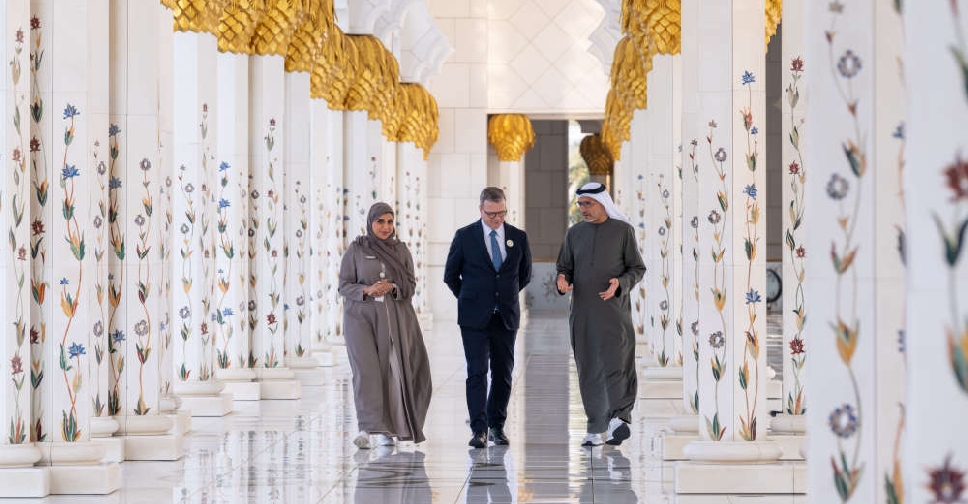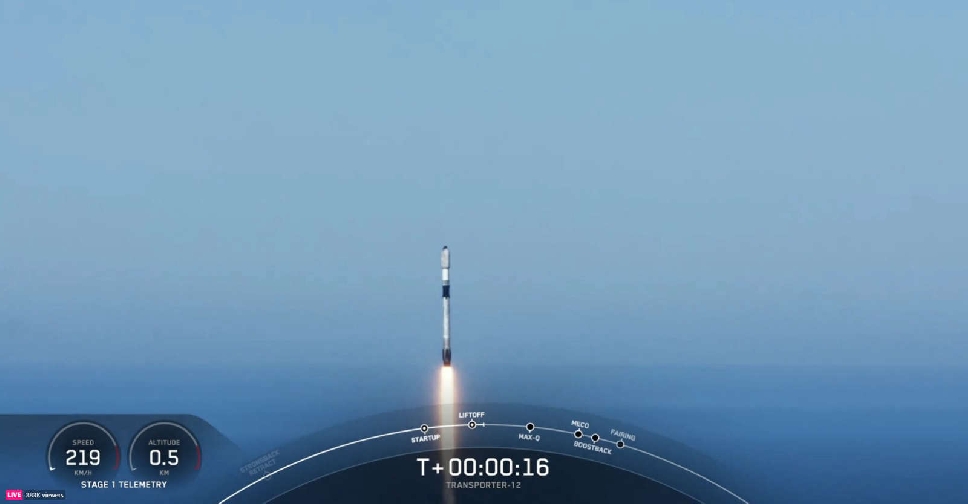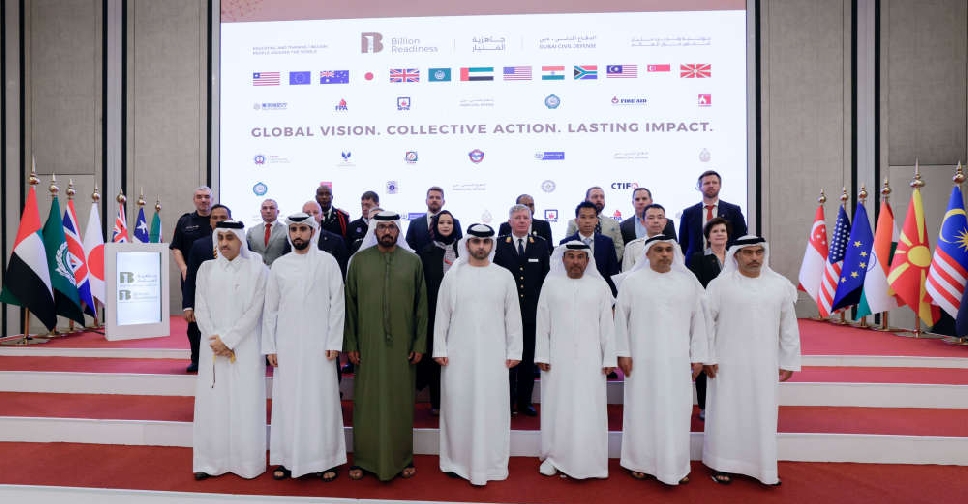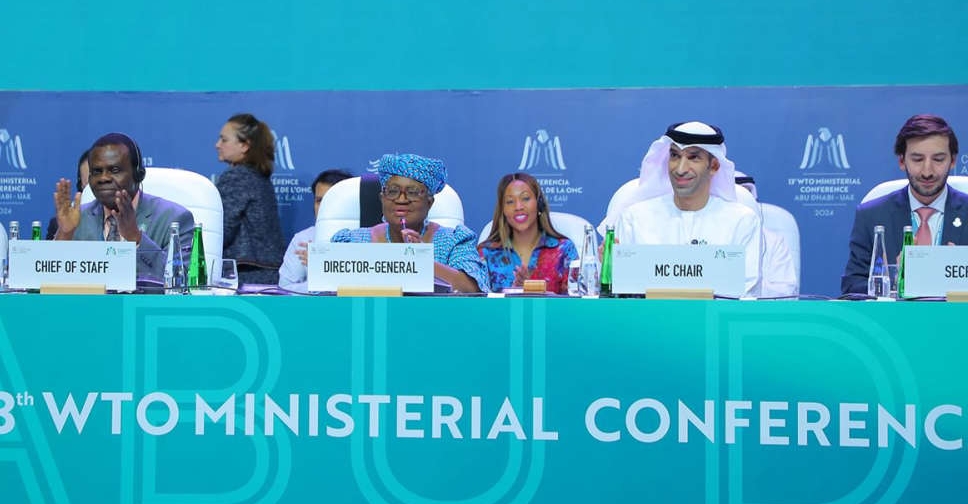
In a major development at its 13th Ministerial Conference (MC13) held in Abu Dhabi, the World Trade Organisation (WTO) extended the moratorium on customs duties for e-commerce until the convening of the 14th Ministerial Conference in 2026.
The decision represents a significant achievement for the MC13 , which also saw extensive discussions on key issues shaping the future of global trade.
Under a WTO moratorium, countries do not impose customs duties on cross-border e-commerce transactions. Since 1998, WTO member nations have periodically agreed to extend the moratorium. The last extension was agreed upon during the previous MC in June 2022.
The Ministerial Conference brought together nearly 4,000 ministers, senior trade officials and other delegates from the WTO's 164 members and observers as well as representatives from civil society, business and the global media. Initially scheduled for February 26-29, the Conference was extended in a final push to reach outcomes on the various issues at stake.
Members adopted the Abu Dhabi Ministerial Declaration, where they committed to preserve and strengthen the ability of the multilateral trading system, with the WTO at its core, to respond to current trade challenges.
The Ministerial Declaration underlines the centrality of the development dimension in the work of the WTO, recognising the role that the multilateral trading system can play in contributing towards the achievement of the UN 2030 Agenda and its Sustainable Development Goals. It also recognised the contribution of women's economic empowerment and women's participation in trade to economic growth and sustainable development.
Members recognised the role and importance of services to the global economy as it generates more than two-thirds of global economic output and accounts for over half of all jobs. They encouraged the relevant WTO bodies to continue their work to review and build on all the lessons learned during the COVID-19 pandemic and to build effective solutions in case of future pandemics in an expeditious manner.
Dr. Thani bin Ahmed Al Zeyoudi, Minister of State for Foreign Trade and MC13 Chair, thanked members for their active engagement during the Conference. He noted that while not everything that delegations set out to accomplish could be delivered, the commitment shown will further strengthen the multilateral trading system.
In another development, countries agreed to commit to continue negotiations in 2024 to try to resolve a crisis in its dispute settlement system whose top court has been hobbled for four years due to US opposition.
This means many trade disputes are unresolved since countries can appeal them into a legal void and the WTO's rules cannot be enforced.
India's minister Piyush Goyal has said it is "sad" countries are obstructing outcomes. He did not mention Washington directly but said he had raised a lack of progress on fixing the WTO's dispute system with US Trade Representative (USTR) Katherine Tai in a meeting earlier this week.
Tai said negotiations on the issue are positive and have shown progress. However, delegates say obstacles abound and are privately sceptical of them making much further headway in a US presidential election year.
In fisheries, countries tried to agree to the second part of an international WTO agreement to curb government subsidies that critics say encourage industrial fishing fleets to empty the world's oceans. A first part was agreed in 2022 and will take effect if and when enough countries ratify it.
Many participants, including USTR's Tai, saw this as the most likely topic where a deal could be reached. Environmentalists say it is vital for the world's oceans.
The chair of the talks issued a new draft agreement on Friday morning with a few sections still in yellow, indicating areas of non-agreement including rules for phase-in periods for developing countries.
WTO extends moratorium on customs duties for e-commerce until 2026#WamNewshttps://t.co/s4PFUJm2Pg pic.twitter.com/fxGn6DdlpY
— WAM English (@WAMNEWS_ENG) March 1, 2024
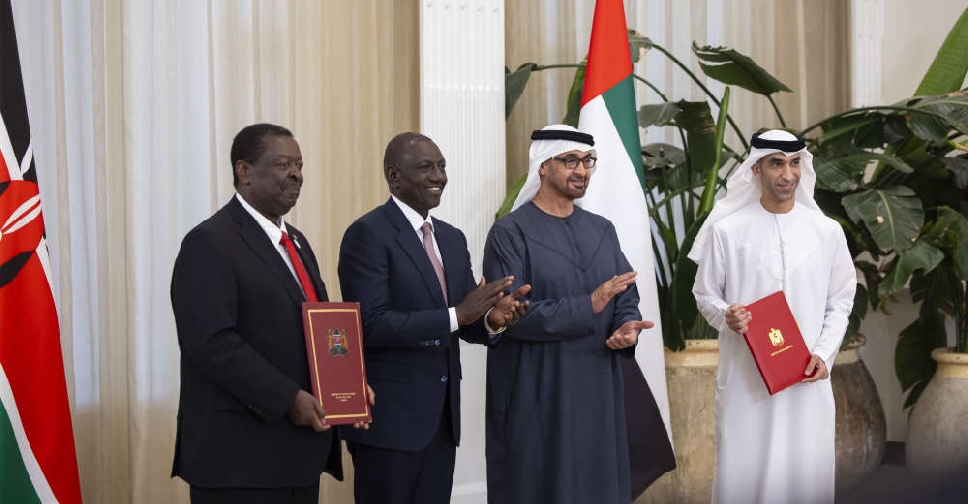 UAE and Kenya sign CEPA deal in Abu Dhabi
UAE and Kenya sign CEPA deal in Abu Dhabi
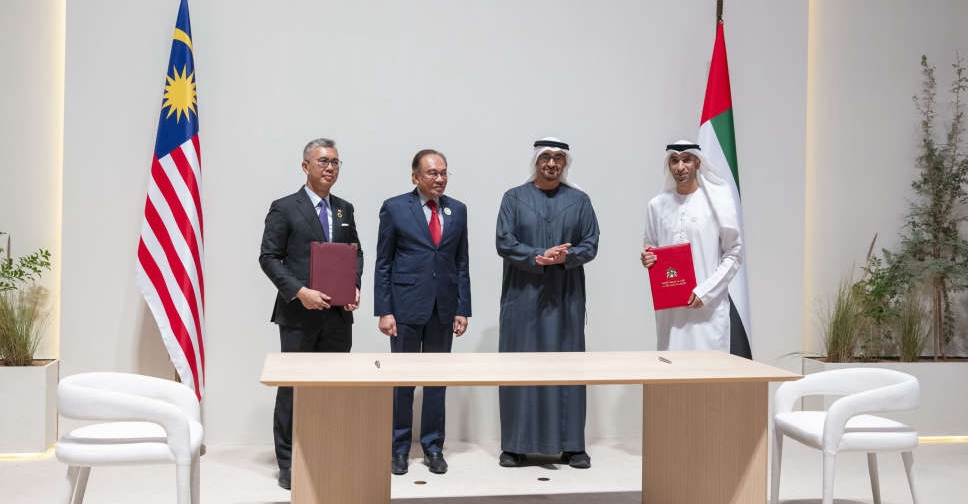 UAE, Malaysia confirm CEPA to deepen trade, investment ties
UAE, Malaysia confirm CEPA to deepen trade, investment ties
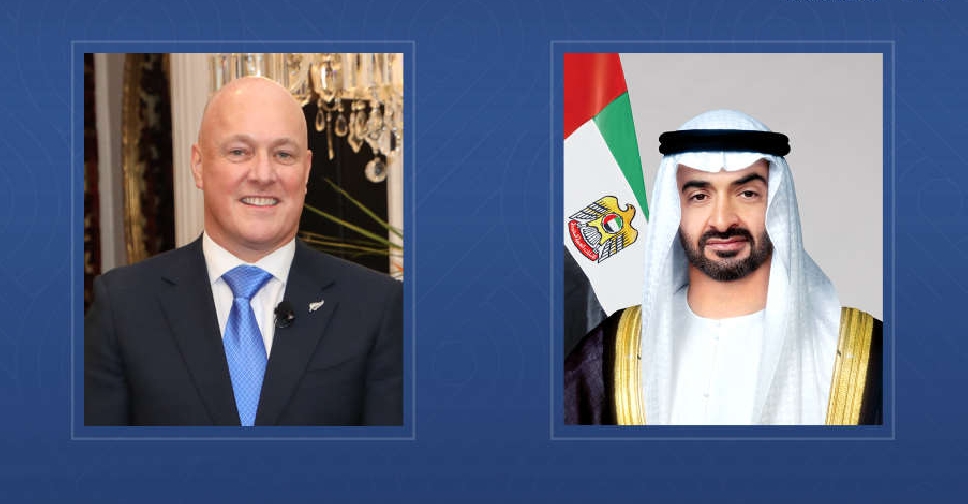 UAE, New Zealand CEPA formally signed
UAE, New Zealand CEPA formally signed
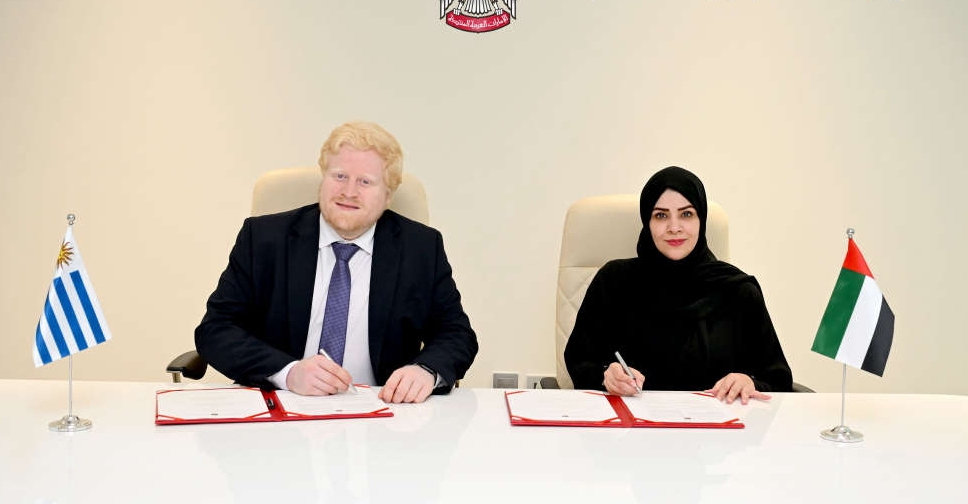 UAE, Uruguay to join forces in clean energy, climate action
UAE, Uruguay to join forces in clean energy, climate action
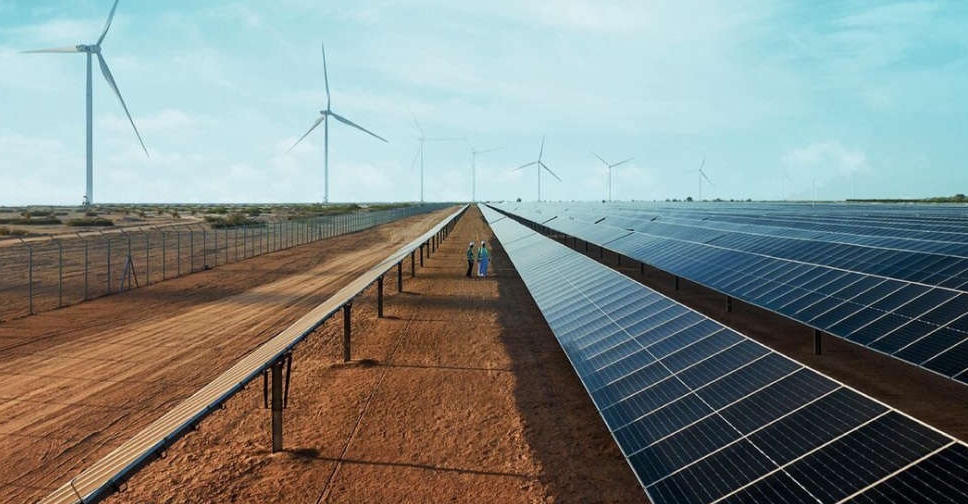 Masdar launches facility to produce 1GW of uninterrupted renewable energy
Masdar launches facility to produce 1GW of uninterrupted renewable energy
